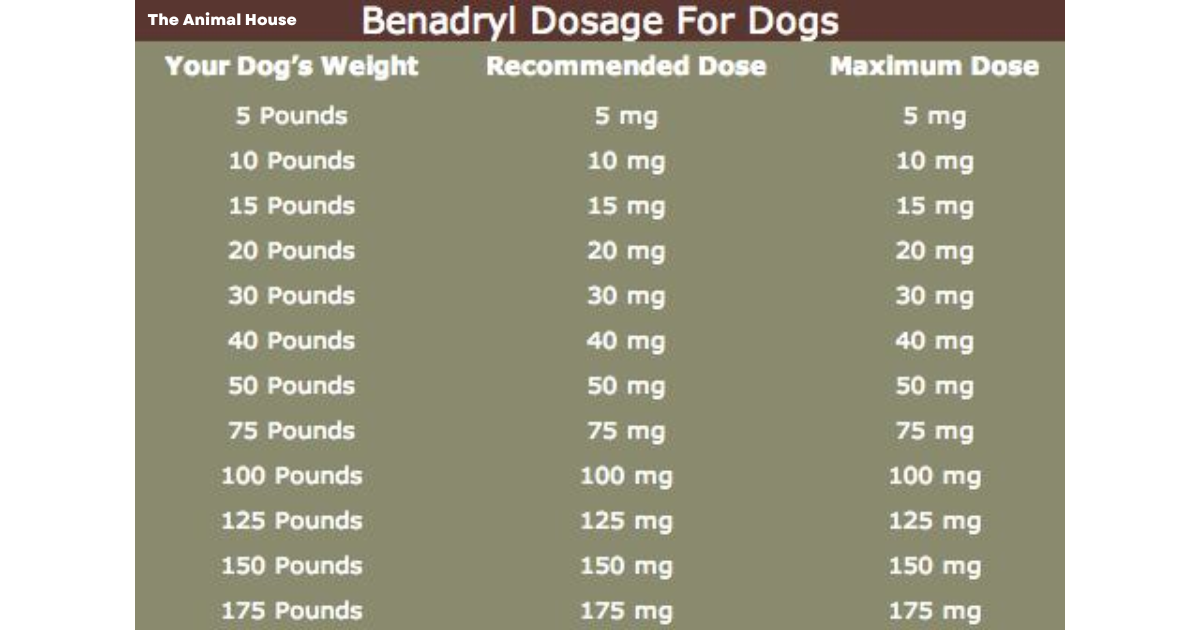If you’ve ever noticed your furry friend scratching excessively, sneezing, or experiencing allergies, you might have wondered: Is Benadryl safe for dogs? It’s a common question among dog owners seeking relief for their canine companions. Well, wonder no more, as this post provides pet parents with the information needed to keep their pups happy and healthy!
What is Benadryl?
Benadryl is the brand name for diphenhydramine, an antihistamine medication commonly used to alleviate allergy symptoms in humans, such as itching, sneezing, and watery eyes. But can it be used for dogs, too? The short answer is yes, but let’s delve deeper into the details.
Consult Your Vet
Before giving your dog any medication, including Benadryl, it’s crucial to consult with your veterinarian. Your vet knows your dog’s medical history and provides personalized advice based on your dog’s breed, size, age, and any existing health conditions. They can also recommend the appropriate dosage for your pup.
Allergy Relief
Benadryl relieves various allergy symptoms in dogs, including itching, hives, and mild allergic reactions. It works by blocking the effects of histamine, a substance in the body that causes allergic reactions. However, it’s essential to note that Benadryl may not be effective for all types of allergies, and your vet may recommend other treatments or medications depending on your dog’s specific needs.
Dosage and Administration
The dosage of Benadryl for dogs is typically lower than that for humans and varies based on your dog’s weight. Your vet will determine the appropriate dosage for your dog, but a general guideline is 1 mg of Benadryl per pound of body weight, given 2-3 times daily. It’s crucial to use the correct formulation of Benadryl (usually plain diphenhydramine tablets) and avoid products that contain additional ingredients like decongestants, which can be harmful to dogs. See the chart below from Animal House Veterinary Services for an easy guide to dosage!

Monitor for Side Effects
While Benadryl is generally safe for dogs when used as directed, it can cause side effects in some cases. Common side effects may include drowsiness, dry mouth, and urinary retention. Contact your vet immediately if your dog experiences any unusual or severe side effects after taking Benadryl.
Precautions
Benadryl may not be suitable for dogs with certain health conditions, such as glaucoma, cardiovascular disease, or hyperthyroidism. Pregnant or nursing dogs should also avoid Benadryl unless specifically directed by a veterinarian. Always follow your vet’s instructions and never exceed the recommended dosage.

